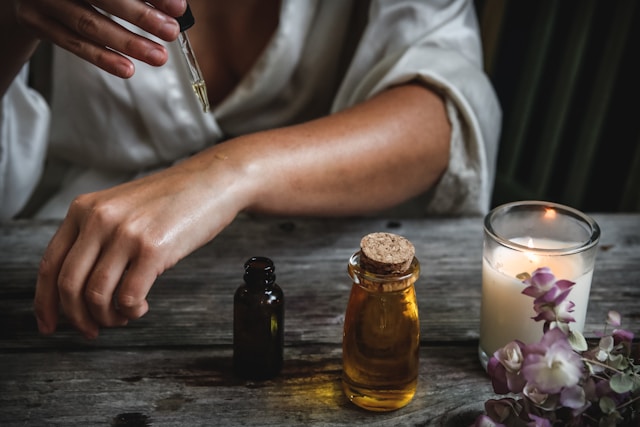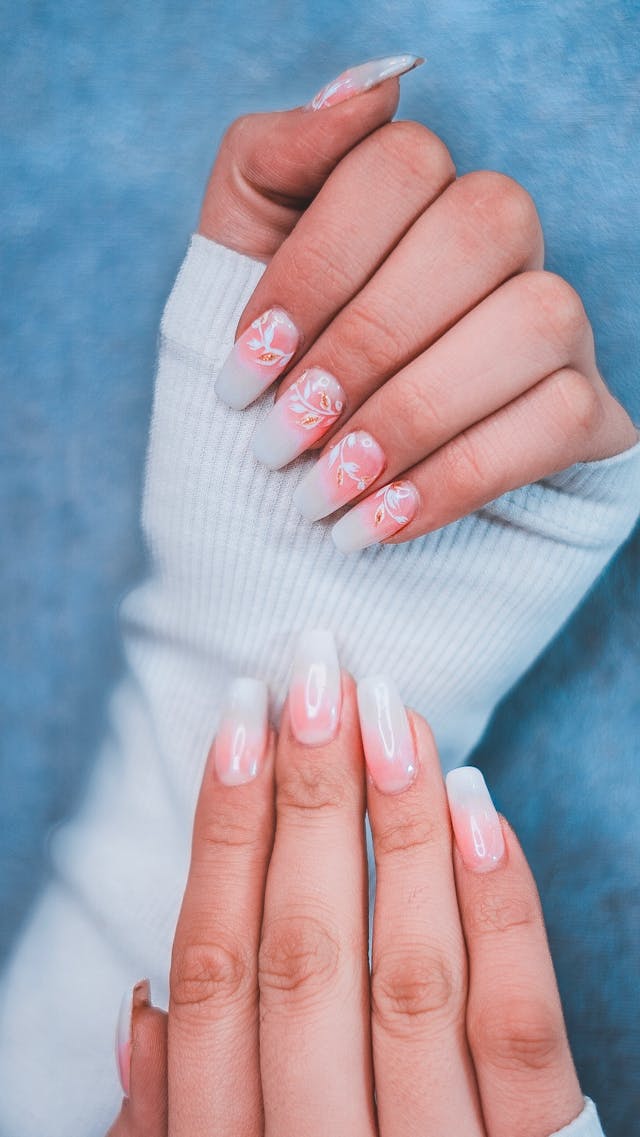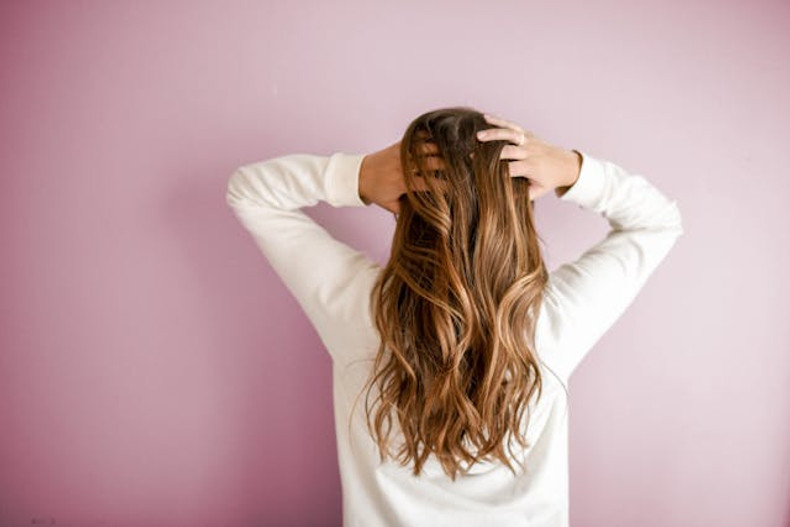
The Beauty Vitamin: Everything You Need to Know About Biotin
Biotin, also known as vitamin B7 or vitamin H, has become a buzzword in the world of health and beauty. Touted as a miracle nutrient for glowing skin, luscious locks, and strong nails, biotin has earned a spot on many supplement shelves. But what exactly is biotin, and does it live up to the hype? Let’s dive into the science, benefits, and best practices for incorporating biotin into your routine.
What Is Biotin?
Biotin is a water-soluble vitamin that belongs to the B-complex group, playing a vital role in converting food into energy. It acts as a coenzyme, helping enzymes break down fats, carbohydrates, and proteins. Biotin is essential for various bodily functions, particularly for maintaining healthy skin, hair, and nails.
While it’s naturally found in many foods, biotin supplements have surged in popularity for their beauty benefits.
Benefits of Biotin
- Promotes Healthy Hair
Biotin is often linked to hair growth and strength. While severe biotin deficiency can lead to hair thinning, biotin may support overall hair health by improving the keratin infrastructure—a protein that forms the building blocks of hair. - Strengthens Nails
Brittle nails? Biotin might help. Some studies suggest that biotin supplements can improve nail thickness and reduce splitting, making them stronger over time. - Supports Skin Health
Biotin’s role in metabolizing fats can contribute to maintaining healthy skin. Deficiency may lead to issues like rashes or dry skin, but for most people, dietary biotin is sufficient to keep skin smooth and vibrant. - Enhances Energy Metabolism
Beyond beauty, biotin is crucial for energy production. It helps enzymes convert macronutrients into energy, which keeps your body functioning efficiently.

Natural Sources of Biotin
The good news is that biotin is readily available in many common foods. Here are some rich sources:
- Egg yolks
- Nuts and seeds (almonds, walnuts, sunflower seeds)
- Whole grains
- Bananas
- Legumes (lentils, soybeans)
- Salmon
- Avocados
- Sweet potatoes
Including these foods in your diet can help you meet your biotin needs naturally.
How Much Biotin Do You Need?
The recommended daily intake (RDI) for biotin varies by age:
- Adults: 30 micrograms (mcg)
- Pregnant women: 30 mcg
- Breastfeeding women: 35 mcg
Biotin Myths Debunked
- Myth: Biotin is a miracle cure for hair loss and nail strength.
Fact: Biotin may improve hair quality in those with a deficiency but won’t necessarily work for other causes of hair loss, like genetics or hormonal imbalances.
Final Thoughts
Biotin is a vital nutrient that supports energy production, hair, skin, and nail health. While it’s often marketed as a beauty booster, it works best when your body truly needs it. A nutrient-rich diet will usually supply all the biotin your body requires, but supplements can be useful for those with deficiencies.
Remember, the key to beauty and wellness lies in balance. A healthy lifestyle, diverse diet, and consulting with healthcare professionals will always be more effective than relying on a single nutrient for dramatic results.
Today may be a great day to incorporate NutritionBulk's Biotin into your beauty routine!


